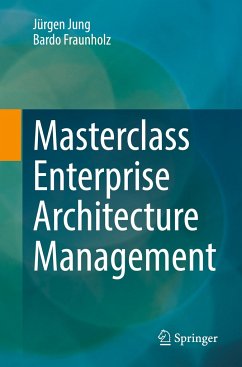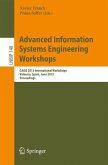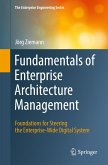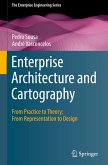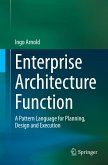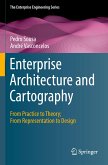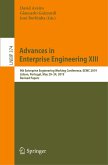This textbook provides a hands-on introduction to enterprise architecture management. It guides the reader through the applications of methods and tools to typical business problems by presenting enterprise architecture frameworks and by sharing experiences from industry.
The structure of the book represents the typical stages of the journey of an enterprise architect. Chapter 1 addresses the central question of what to achieve with the introduction of an enterprise architecture. Chapter 2 then introduces concepts and visualizations for business architecture that help with understanding the business. In chapter 3 the development of an application architecture is outlined, which provides transparency on information systems and their business context. Next, chapter 4 presents visual tools to analyze, improve and eventually optimize the application landscape. Chapter 5 discusses both traditional organizational as well as collaborative approaches to enterprise architecturemanagement. Eventually, several established enterprise architecture frameworks like TOGAF, Zachmann, ArchiMate, and IAF are described in chapter 6. The book concludes with a summary and an outlook on future research potential in chapter 7.
Based on their experiences through several years of teaching, the authors introduce students step-by-step to enterprise architecture development and management. Their book is intended as a guide for master classes at universities and includes lots of exercises and references for further reading.
The structure of the book represents the typical stages of the journey of an enterprise architect. Chapter 1 addresses the central question of what to achieve with the introduction of an enterprise architecture. Chapter 2 then introduces concepts and visualizations for business architecture that help with understanding the business. In chapter 3 the development of an application architecture is outlined, which provides transparency on information systems and their business context. Next, chapter 4 presents visual tools to analyze, improve and eventually optimize the application landscape. Chapter 5 discusses both traditional organizational as well as collaborative approaches to enterprise architecturemanagement. Eventually, several established enterprise architecture frameworks like TOGAF, Zachmann, ArchiMate, and IAF are described in chapter 6. The book concludes with a summary and an outlook on future research potential in chapter 7.
Based on their experiences through several years of teaching, the authors introduce students step-by-step to enterprise architecture development and management. Their book is intended as a guide for master classes at universities and includes lots of exercises and references for further reading.

